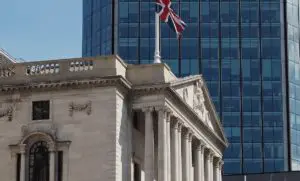Retail sales slow as high cost of living enters third year
The proportion of non-food items bought online decreased to 35.0% in January from 35.4% in January 2023

UK total retail sales increased by 1.2% year on year for the four weeks ended 27 January 2023, compared with a growth of 4.2% in January 2023, according to data from the British Retail Consortium (BRC).





